Written by Kara Palanuk, MD PGY2 at the Kaiser Permanente Oakland Pediatric Residency Program during…
Birth Attendant Training in Colombia – Dr. Rebecca Falik
Written by Rebecca Falik, MD (a second year Obstetrics and Gynecology Resident from Kaiser Permanente, Santa Clara while on a global health elective in Choco, Colombia with FunbiChoco – La Fundacion para el Bienestar y Desarrollo del Choco.)
I had the tremendous opportunity to join Kaiser’s Sandra Torrente, MD and Hernando Garzón, MD in planning and implementing a course to teach seventy-eight traditional birth attendants in the ChocóDepartment of Colombia about managing obstetric emergencies. Chocóis a heavily rain forested, primarily Afro-Colombian and indigenous region bordered by Panama, the Caribbean Sea and the Pacific. Tragically, to this day it has an exceptionally high maternal mortality rate. We partnered closely with FunbiChoco, a micro-financing program that helps displaced women in Colombia. The tireless cofounders of FunbiChoco, husband and wife Adriana Parra and Fredrick Fox, arranged with local municipalities for women and men who deliver babies around the entire region, some a full day’s canoe ride away, to convene in a central location for our course.
Prior to our departure for Colombia, Drs. Torrente, Garzón, and I pieced together a curriculum to address the principal causes of maternal morbidity and mortality, namely pre-eclampsia, hemorrhage, infection, lack of prenatal care, difficulty in transferring ill patients to health centers, and neonatal resuscitation. On the ground, we were welcomed with more pomp and circumstance than anyone could ever hope for, with our first class day perfectly coinciding with the ceremonial ribbon-cutting inauguration of FunbiChoco’s gorgeous open-air community center in the town of Yuto.
Each subsequent day we arrived at the community center and delved into management of obstetric emergencies. We emphasized the feasibility of creating a clean birth kit (CBK) and the tried and true potential to save lives through such simple techniques as washing one’s hands and the washing the mother’s body prior to the birth. We had raised money for and built exemplar CBKs that each birth attendant received. Day by day the birth attendants became more comfortable speaking in front of the large group, sharing their stories of trying and of successful births. Ten of our participants were male. One woman, also a registered nurse, purportedly had attended 8,000 home births, and at times she was able to function as a teaching assistant. Multiple indigenous women needed their children to interpret for them because their Spanish was limited. Two women no longer attended births due to having lost their vision with age but were too eager to continue their education to turn down this course. Every day we emphasized the importance of speaking-up and representing one’s patients, of simply recognizing an emergency, and of maneuvering through tricky transportation systems safely with an intrapartum patient who may have sepsis, obstructed labor, or hemorrhage. We practiced hands-on methods of estimating blood loss. Every afternoon we reviewed the day’s theme by play-acting within small groups—many laughs were had when the men began volunteering to be the birthing woman.
In addition to a full day of teaching, we engaged in many other health-related activities. We prepared PowerPoint lectures on health topics for a panel presentation at the Health Sciences University, to eager nursing students who filled the auditorium. I chose to discuss birth control methods and how to approach the subject with patients, and I focused on the highly effective intrauterine contraceptive device, which is now free under the Colombian constitution but is not yet widely accepted. Afterwards, we were treated to coffee with the university director and he broached the subject of how Kaiser could become affiliated with his university, and were taken to lunch with the professors. We also met with the mayor of Yuto, toured his town’s very basic health clinic, and he began the discussion of how Kaiser could potentially partner with the clinic. In addition, we reported to the local hospital after a fatal bombing occurred in case we could be of use. On our last night, we were celebrated with an elegant goodbye party with the joyous, intelligent, friendly, and song-filled administrators of FunbiChoco.
Although the week was short, every day was packed with meaning. Facilitating activities and conversations between the black and the indigenous Chocoanos was inspiring. After a couple days of the class, it took little effort for them to join together in a Cultural Celebration night filled with drumming, song, story-length jokes, and dance. The challenges for me were great— teaching in an outdoor setting with 100% humidity and tropical heat, let alone in my second language, revising our next day’s curriculum late into the night, keeping the class engaged after a heavy lunch, occasionally dispelling myths without being culturally insensitive, and individualizing our teaching so our wide range of learners could all benefit whether they didn’t have a dollar to buy soap or whether they in fact lived around the corner from a hospital and had a nursing license. After 24 hours of a stop-and-go trip home with a handful of layovers, the very next day I returned to my residency utterly rejuvenated and as dedicated as ever to improving healthcare for women around the globe.
Comments (1)
Comments are closed.
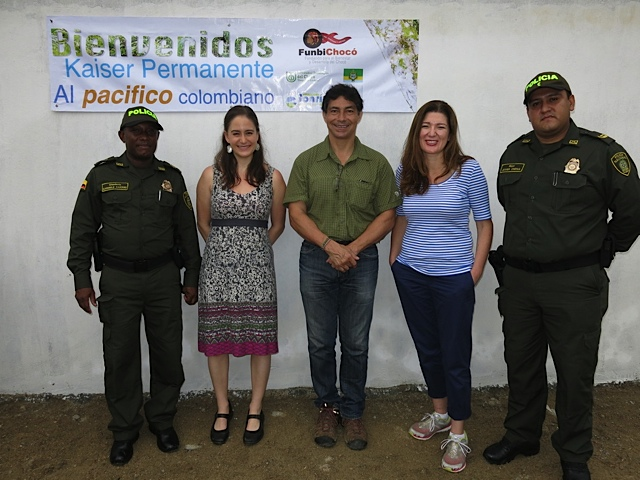
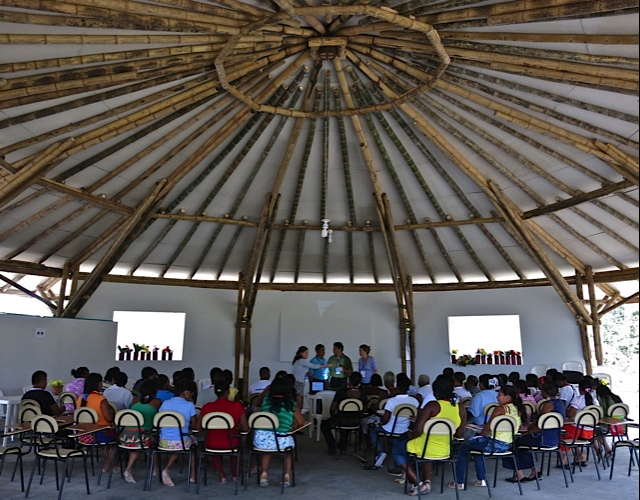
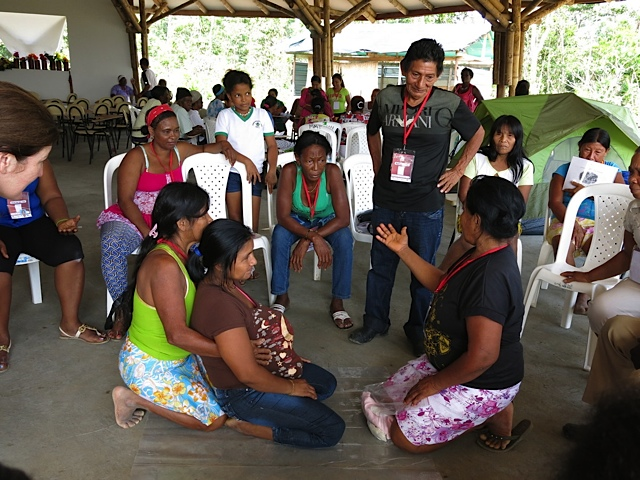
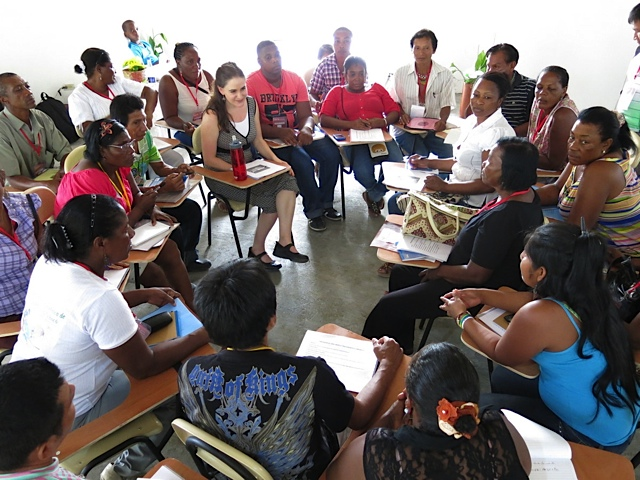
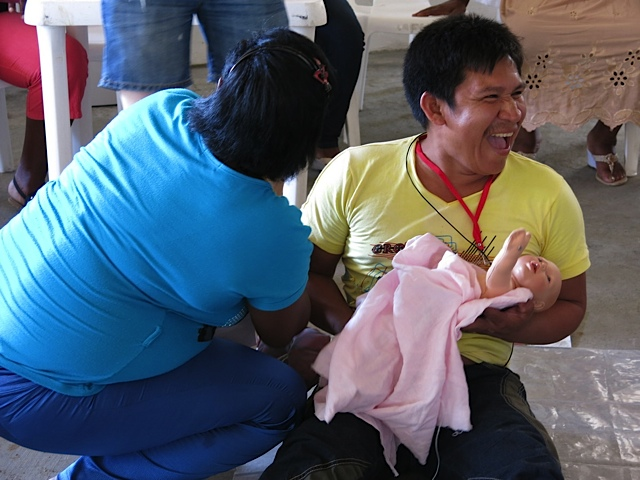
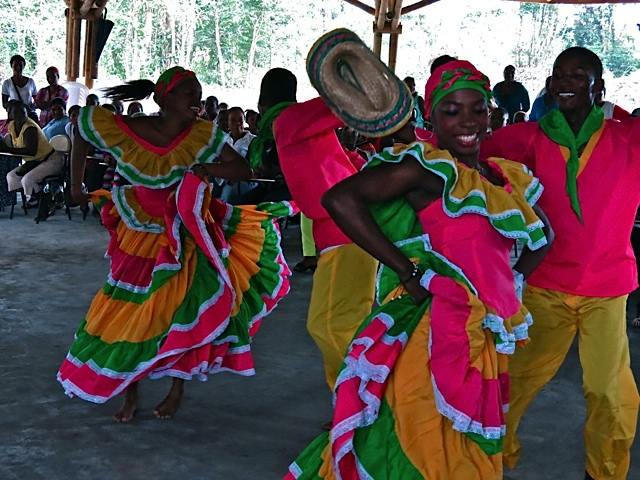
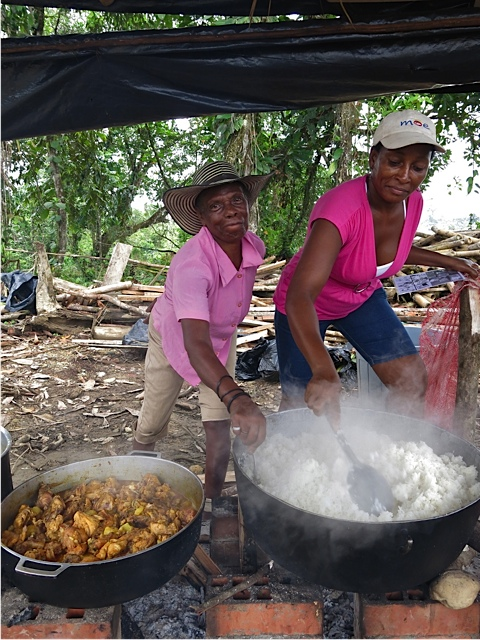
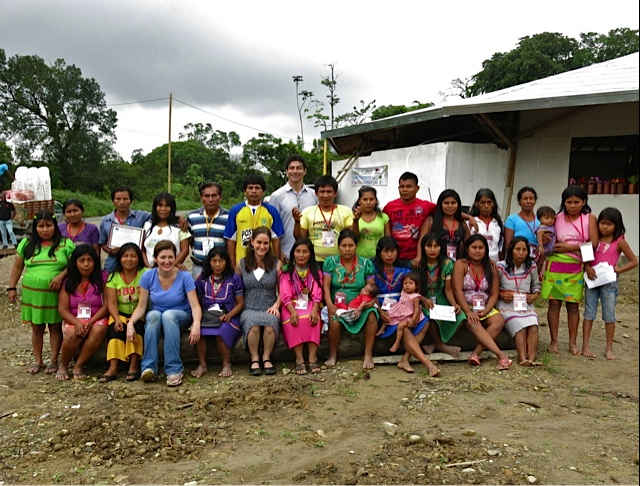
Can I simply say what a relief to find somebody that genuinely knows what
they are talking about over the internet. You certainly understand how
to bring an issue to light and make it important. A lot more people must read this and understand this side of your story.
I was surprised that you aren’t more popular because you surely possess the gift.